Have you stumbled upon the term “Absolute Junk NYT” while solving your favorite New York Times crossword puzzle? If so, you’re not alone. This quirky phrase has sparked a flurry of discussions among crossword enthusiasts and casual readers alike. What does it mean, and why is it suddenly popping up in conversations about puzzles? As fans dig deeper into the world of crosswords, “Absolute Junk” has become more than just a clue; it’s a phenomenon that reflects the evolving landscape of wordplay and cultural references within these beloved grids. Let’s dive into what makes this term so intriguing and why it’s capturing everyone’s attention right now!
What Does “Absolute Junk” Mean in the NYT Crossword?
In the world of NYT crosswords, “Absolute Junk” has emerged as a playful and somewhat controversial clue. Typically, it refers to something that is deemed worthless or trivial. But in crossword terms, its implications can stretch beyond mere negativity.
Recent puzzles have utilized this phrase to evoke humor and irony. It often appears as a cheeky nod to pop culture references or obscure trivia that might not hold much value outside of puzzle-solving contexts.
For instance, players may encounter “Absolute Junk” when deciphering clues linked to quirky internet memes or fleeting celebrity gossip. This makes it an intriguing challenge for solvers who thrive on connecting dots between seemingly unrelated topics.
The term encourages creative thinking and lateral connections, embodying the spirit of modern crossword construction where anything goes—except boring clues!
Must Read:
The Origins of “Absolute Junk” in NYT Puzzles
The phrase “Absolute Junk” has made a notable entry into the evolving lexicon of NYT crosswords. While its exact origins in this context remain somewhat murky, it seems to have gained traction as crossword creators sought fresh, contemporary terms.
Before “Absolute Junk,” clues like “Not worth much” or “Rubbish” provided similar sentiments but lacked that punchy flair. Crossword enthusiasts often crave novelty, and this term fits the bill perfectly.
Interestingly, earlier puzzles began incorporating more casual language and slang. This shift paved the way for phrases like “Absolute Junk” to resonate with solvers who enjoy a contemporary twist on traditional clues.
As social media began amplifying discussions around these emerging trends, crossword aficionados took notice of how playful language could elevate their solving experience. The buzz surrounding “Absolute Junk” reflects a broader trend towards innovation within puzzle crafting itself.
Why “Absolute Junk” is Trending in NYT Crosswords
The phrase “Absolute Junk” has recently taken the crossword community by storm. It’s not just a quirky clue; it’s become a cultural phenomenon.
Social media platforms are buzzing with discussions and memes related to this term. Twitter threads, Instagram stories, and TikTok videos provide rapid-fire commentary that captures the humor and frustration of puzzlers everywhere. The lively exchanges create a sense of camaraderie among fans as they share their triumphs or groans over solving.
Crossword forums have also played a pivotal role in amplifying interest. Enthusiasts dissect clues, offering insights into past puzzles while connecting with others who feel similarly perplexed or amused. This community-driven dialogue keeps “Absolute Junk” at the forefront of conversations about modern crosswords.
As more people engage online, what started as an intriguing clue transforms into an ongoing topic that reflects both challenging language evolution and shared experiences within the puzzle-solving sphere.
Reactions from Crossword Enthusiasts
Crossword enthusiasts are buzzing about the “Absolute Junk” clue. Social media is alive with reactions ranging from hilariously confused to delightfully sarcastic.
One user tweeted, “Is this a clue or a personal attack?” The humor resonates deeply within the community, highlighting how clues can sometimes feel more like inside jokes than puzzles.
Another fan shared their astonishment: “I thought I was losing my mind! How do you even approach that?” This speaks to the collective struggle many face when encountering unconventional terminology in crosswords.
Then there’s an insightful observation on forums: “It challenges our perception of what belongs in a crossword.” Such comments showcase admiration for creativity while grappling with the evolving nature of language in puzzles.
The combination of laughter and bewilderment creates an engaging atmosphere among fans, reinforcing the idea that every puzzle has its own unique journey.
Other Popular NYT Crossword Clues Similar to “Absolute Junk”
Crossword enthusiasts relish the thrill of unexpected clues. “Absolute Junk” isn’t alone in sparking curiosity; several recent NYT clues have caught attention for their quirks.
Take “Meme-ified Beverage,” which had puzzlers scratching their heads. This clue not only taps into modern culture but also reflects how current events seep into crossword lexicons.
Another standout was “Woke Up Like This.” It’s catchy and speaks to a social media trend, showcasing how crosswords are evolving alongside digital conversations.
Then there’s the enigmatic “Lit AF,” embracing slang that resonates with younger solvers. Such inclusions highlight a shift towards more relatable language, making puzzles accessible to diverse audiences.
These clues signify an exciting transformation in crossword trends, inviting both seasoned players and newcomers to engage with fresh vocabulary and pop culture references.
Tips for Solving Tricky NYT Crossword Clues
Tackling tricky clues in the NYT Crossword can feel daunting, but a few strategies can elevate your solving game. Start by examining the surrounding answers. They often provide essential context or letter placements that can lead you to the correct solution.
Word associations are invaluable, especially for clever or punny clues like “Absolute Junk.” Think about synonyms and related terms that fit the number of letters needed. This lateral thinking approach opens up new possibilities.
Don’t hesitate to use online resources when stuck. Websites and apps dedicated to crossword puzzles can offer hints without giving away full answers.
Engaging with community forums is another great way to gather tips and insights from seasoned solvers. Share your struggles and learn from others’ experiences; it’s all part of building your crossword skills over time!
The Role of Slang and Modern Terms in Today’s Crosswords
Crossword puzzles have long been a staple of intelligent entertainment. But today, they’re evolving to reflect modern culture.
Modern slang and colloquial expressions are making their way into the grid. This shift resonates with younger solvers who crave relevance in their puzzle-solving experience. Terms like “Absolute Junk” highlight this trend perfectly.
As social media and memes gain popularity, they influence language rapidly. Crosswords that incorporate these elements feel fresh and dynamic, attracting a wider audience. Solvers enjoy the challenge of deciphering contemporary phrases alongside classic clues.
This approach keeps enthusiasts coming back for more. The blend of traditional wordplay with current vernacular creates an engaging environment where everyone can participate—whether seasoned or new to crosswords. By weaving in modern terms, constructors breathe new life into puzzles while fostering community engagement among diverse solver demographics.
Conclusion
The term “Absolute Junk” has quickly become a fascinating focal point within the NYT crossword community. It embodies how crosswords have evolved, reflecting not just language but also cultural trends and collective humor. As solvers engage with clues that push boundaries, we witness a shift towards more contemporary references that resonate with today’s audience.
Creative and unconventional clues like “Absolute Junk” breathe new life into puzzles. They challenge traditional norms while inviting players to think outside the box. This trend makes solving crosswords an even richer experience, blending nostalgia with modernity.
Looking ahead, it’s likely we’ll see more slang and playful terms infiltrate future puzzles. This evolution keeps the game fresh and relevant for both seasoned enthusiasts and newcomers alike. The intersection of language, culture, and creativity in crosswords promises an exciting journey for puzzlers everywhere.







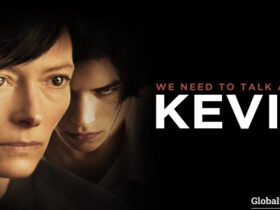


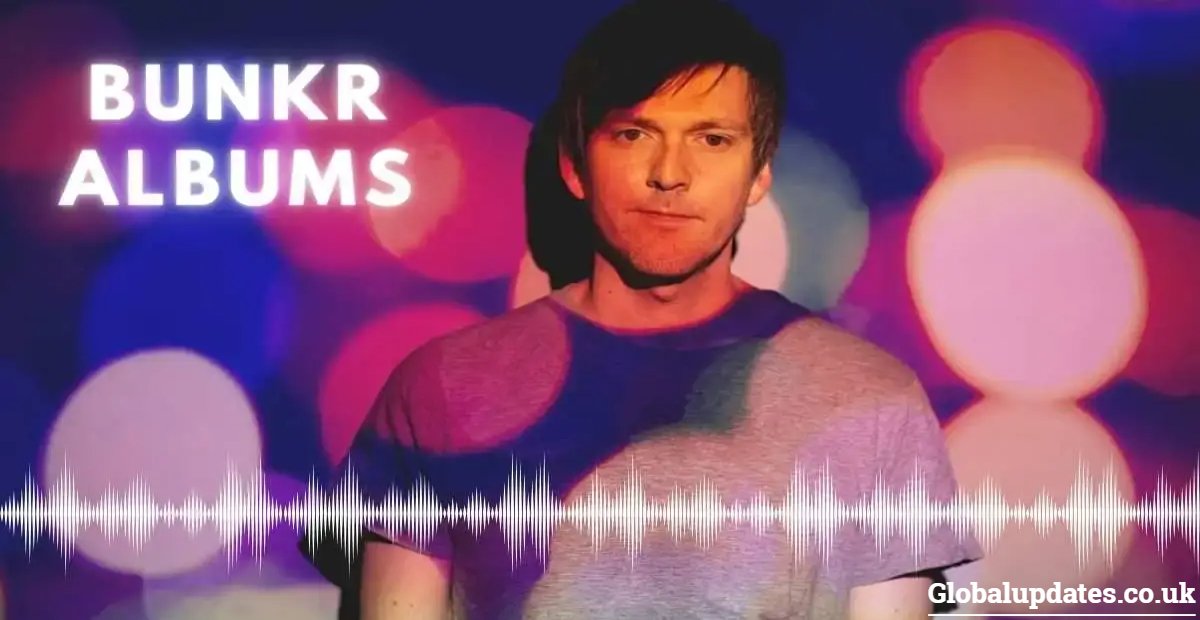





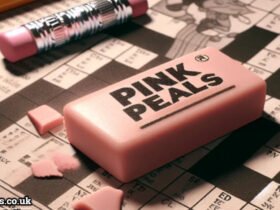
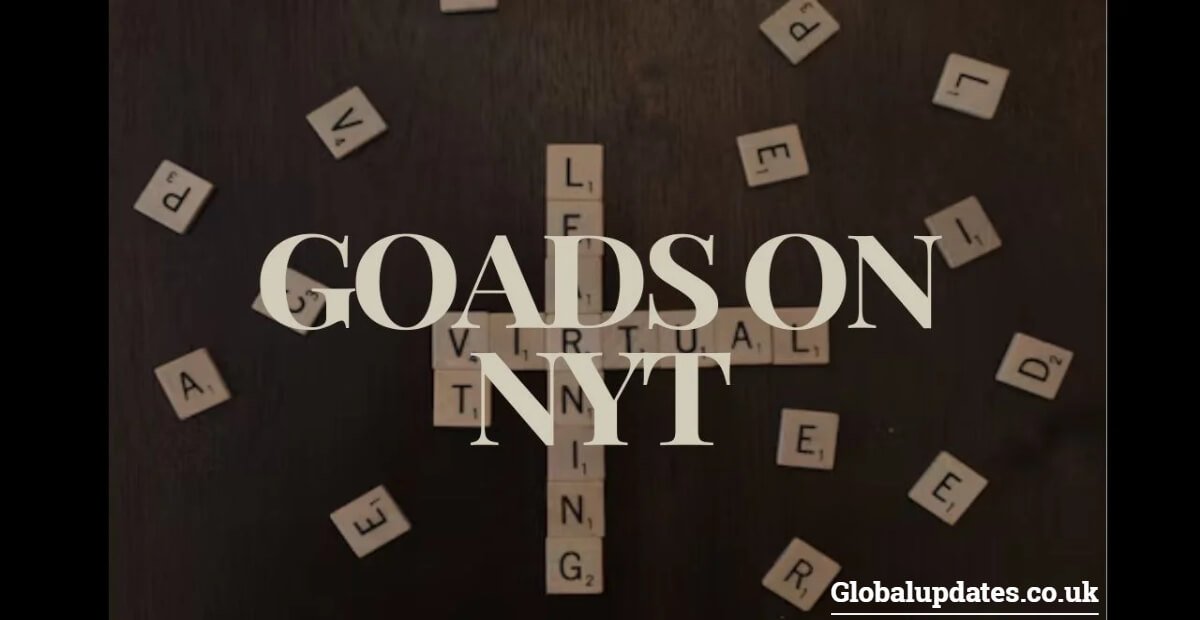
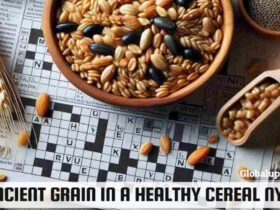

















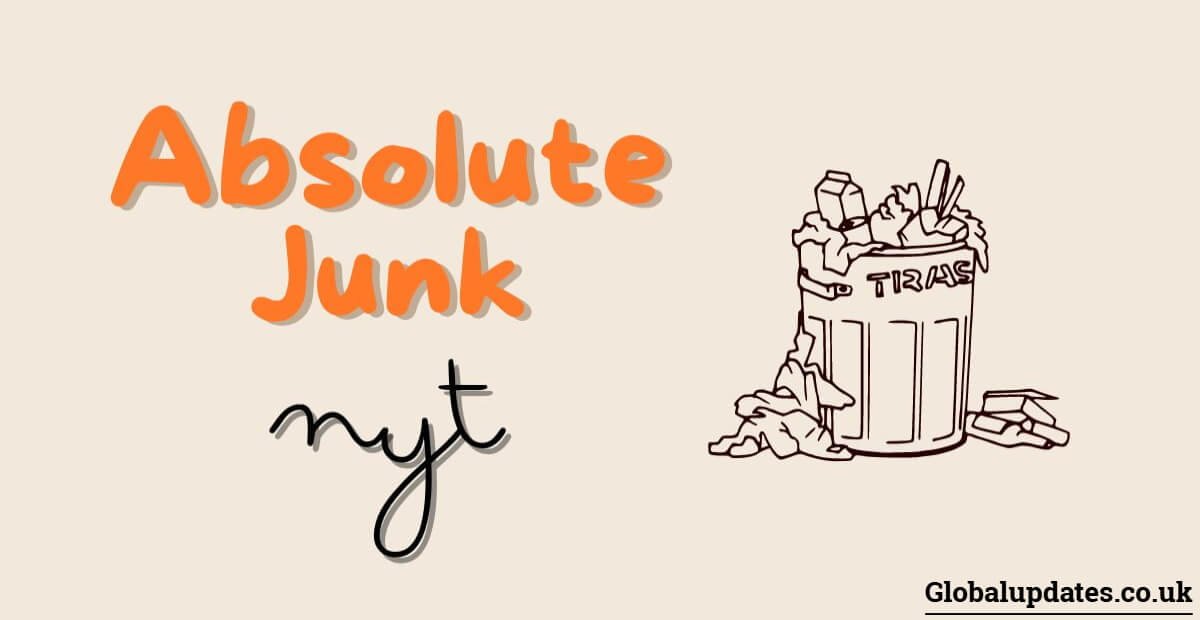





Got a Questions?
Find us on Socials or Contact us and we’ll get back to you as soon as possible.